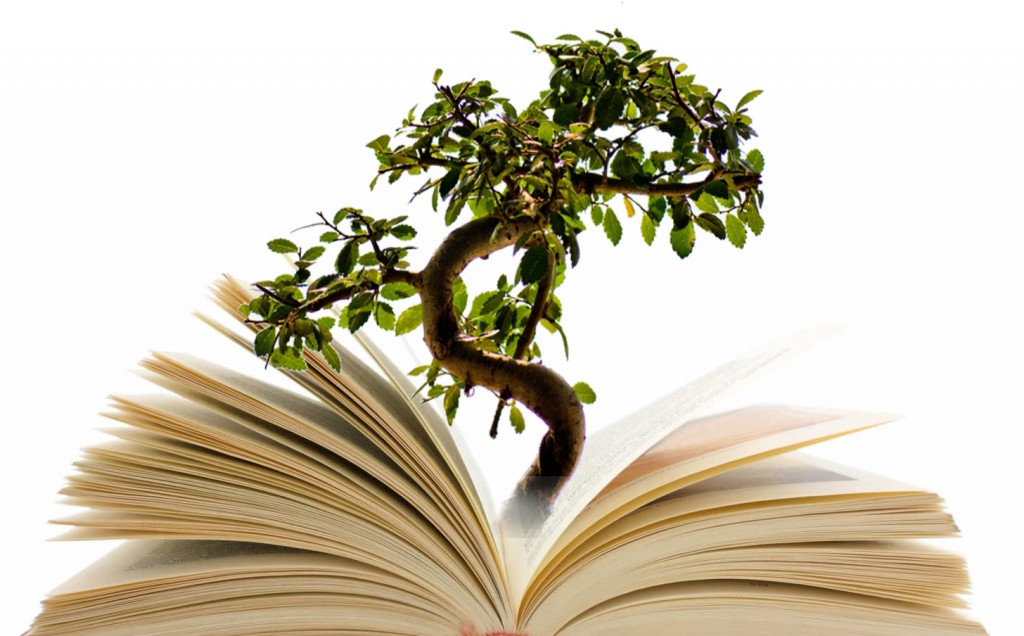Defining ecological literature and its prospects

Today, ecological literature has begun to express environmental consciousness and articulate in-depth ideas on the relationship between man and nature.
The construction of an “ecological civilization” proposed by Hu Jintao in 2007 is an ongoing project that provides rich soil for the growth of ecological literature. Writers are incorporating themes of environmental awareness into literary works. The connotations and aesthetics of these works are diverse, while related research is catching up.
Defining the discipline
Today, ecological literature has begun to articulate environmental consciousness and explore the relationship between man and nature in depth. Some scholars argue that the core of ecological literature is the expression of new ideas about ethical relations between human beings and the ecosystem. The dominant feature of ecological literature is that it prioritizes the overall interests of the ecosystem, thus distinguishing it from other literary forms.
Zhang Xiaoqin, a professor from the College of Chinese Language and Literature at Northwest Normal University, said that before the industrial revolution, there were indeed literary works with ecological themes. However, these works only included some ecological elements but cannot be counted as ecological literature.
Xia Guangwu, a professor from the College of Humanities at Xiamen University, said that in addition to an emphasis on nature, ecological literature opposes anthropocentrism and advocates ecological holism. He suggested drawing a line between “tolerable development” and “sustainable development” and advocated the idea of being “eco-friendly,” while seeking the inner connection between “respecting nature” and “conquering nature.”
Liu Bei, a professor from the College of Arts at Shandong Normal University, argued that compared with traditional literature, ecological literary creations and research echo features of the times. Instead of praising nature, ecological literature aims to review ecological crises, reflecting on the interactions between civilization and nature.
Balance
In recent years, the scope of ecological literature has expanded. Scholars say that ecological literature should maintain literary characteristics while criticizing environmental damage.
Xia argued that too much emphasis on ecology or literature is counterproductive. Literature is not meant to be simple displays of facts. Writers are obliged to balance ecological and literary elements when writing, enlightening readers on relations between man and nature.
Wang Xiaohua, a professor from the School of Humanities at Shenzhen University, contended that some writers tend to over emphasize the ABCs of ecology when writing, leading to unbalanced textual structures. But this is now less of a problem because the Chinese writers have begun to seek a balance between popularizing knowledge and literary creation.
Zhang said that there are literary works stressing ecology rather than literary characteristics, but they are definitely not mainstream literature. Since the mid-1990s, ecological literature in China has been improved and diversified. She argued that ecological writers are obliged to bring forth in-depth ideas on the relations between ecological crisis and human civilization while maintaining their writing style. They may search for the meaning of life and relations between man and nature by immersing themselves both physically and mentally in nature.
Constructing aesthetics
Over years of development, Chinese ecological novels, poems and prose have begun to take shape. Wang said that eco-criticism is presenting a positive vision by constructing ecological aesthetics.
Xia argued that a sobering work presents what is pressing now and predicts what lies ahead. Zhang contended that the connotations of ecology include relations between man and nature as well as human-human ethical constructions along with humans and how they construct their own ethics in this regard. Literature probes into human life, or, more precisely, it probes into life based on ecological holism. In this sense, ecological literature has broad prospects.
Wang said: “Ecological criticism should be reasonable and comprehensive. Literary creations must echo writers heartfelt wishes. Conversations between ecological literature and ecological criticism should be promoted. Given that writers and critics are meeting each other every day in China today, conversations between them are forming an unconscious influence.”
Liu said that China has many valuable ecological cultural legacies and literary traditions. Ecological literature today will make remarkable progress through raising ecological awareness, expanding thematic content, and deepening ideas.

 PRINT
PRINT CLOSE
CLOSE